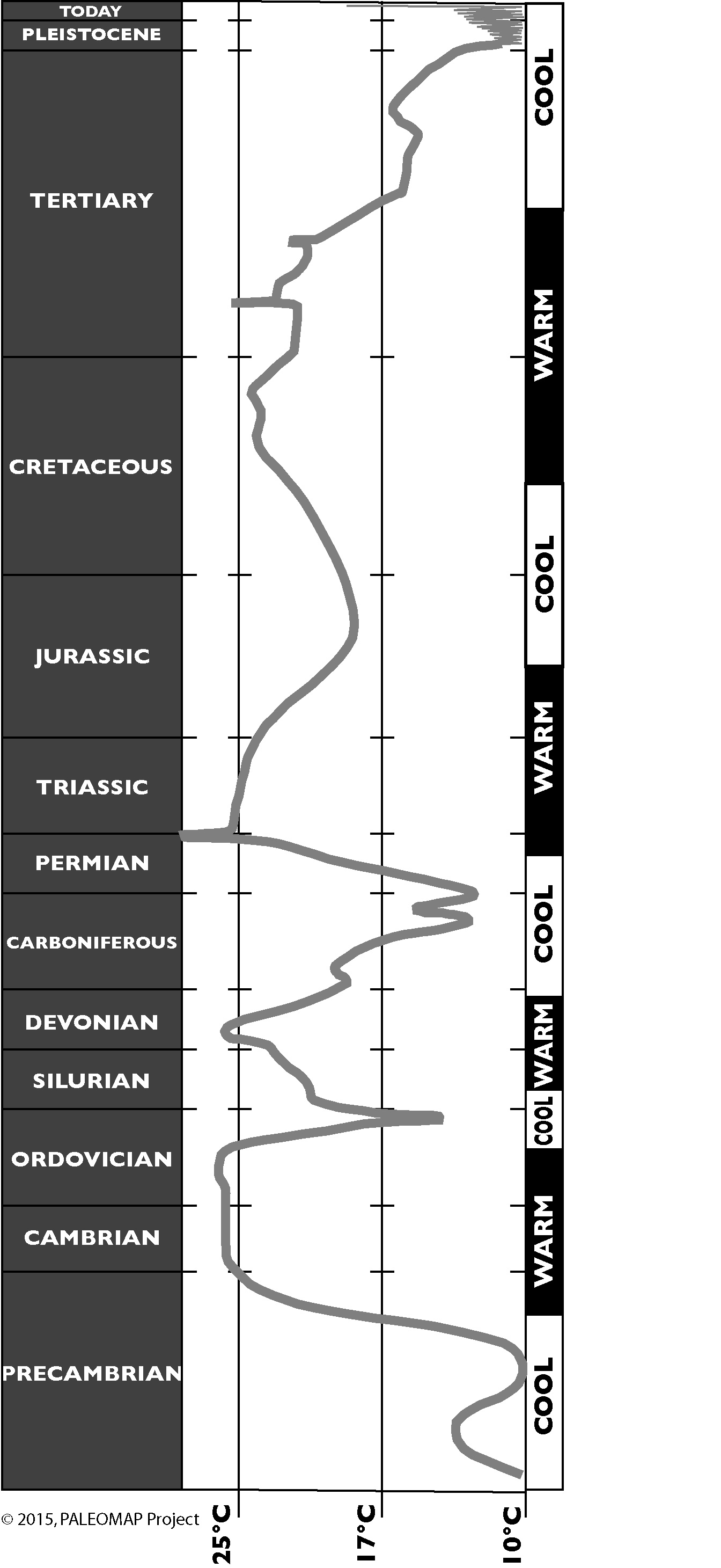By comparison, we have
The Solutions Project, based on Mark Jacobson's work at Stanford. Over the course of years of research, many peer-reviewed papers, and studies, he's shown that the entire USA can be powered (electricity, heat, hot water, industry, and transportation) with 100% of the energy supplied by wind/wave/sun. This has been shown for the entire USA, a five-state zone in the NE USA, and the state of NY. The project breaks the numbers down by state, provides a cost accounting compared with our current system, and shows that 100% renewables does not require storage other than that provided by concentrating solar and V2G BEV and FCEV. We have the
Third Industrial Revolution plan as well. This plan also includes hot water, heating, and transportation across an entire country and region. It's been created with input from industry and governments and is being deployed in various countries in Germany, the EU, the developing world, and China. This program, too, is less expensive than business as usual and results is lower energy prices. And finally, we have
Reinventing Fire. This too is a plan designed around current tech, requires no intervention from any politician, and is done by business for profit. This is the only plan of the three that is not 100% renwable as it retains a significant natural gas percentage (about 75% of the volume of gas used in our country prior to the fracking boom). It is designed to support a ~150% larger economy and results in not only a capital cost savings of many $billions over business as usual but also provides lower electricity prices. This and the TIR are being deployed in various parts of the US.
These three plans are developed by experts in their respective areas of expertise, are either being deployed or are deployable across an entire country, and all three show that the premise of the original post in this thread is erroneous.





